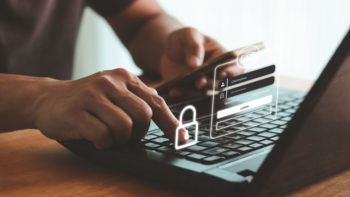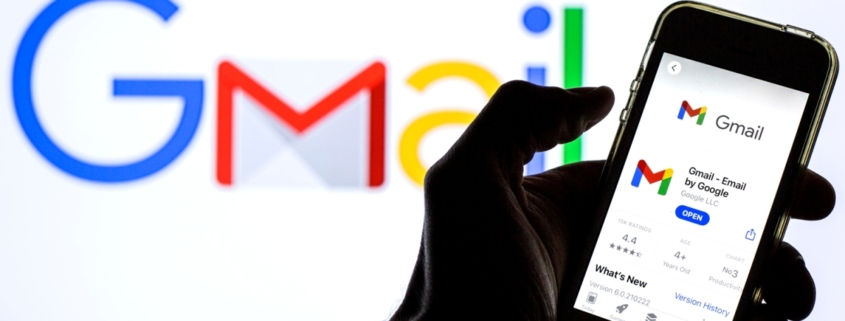Expert: ‘Drop passwords altogether’ to improve online security
LONDON: The public and businesses need to “drop passwords altogether” and move to other technology to protect personal information from hackers, a top cybersecurity expert has said.
Marking World Password Day on May 5, Grahame Williams, identity and access management director at defence firm Thales, said passwords were “becoming increasingly insecure” and “easily hacked”.
He called on the industry to move to other forms of log-in such as multi-factor authentication (MFA) – where users must provide an additional layer of identification to log in – or biometrics such as face or fingerprint scans to improve the general safety of personal data.
Williams said a key issue was the widespread use of simple and easy-to-guess passwords.
Data shows that common and obvious phrases such as “password” and “qwerty” – in reference to the common computer keyboard layout – are often among the most used passwords globally.
“Research has come out in the last few days showing the number of CEOs who are still using ‘12356’ as their password is actually quite comical – the assumption is that we’ve moved away from that but actually the data really isn’t supporting that,” he told the PA news agency.
“We know that people are using these ridiculously easy passwords, but the most alarming fact is that they’re not actually just using them for one thing, they use that password over and over again.
“So if somebody gets access to one of your passwords they get access to your crown jewels.
“With everyone working from home, with Covid and people going online for the consumption of everything, the threat landscape is getting worse and worse, and there are some seriously unscrupulous people out there.
“So it really is in everyone’s interest to take it seriously and make sure that we put as many hurdles up as we can.”
Experts advise people who are creating a password to use a collection of three unique, random words and not to reuse them across multiple accounts.
But Williams said where possible, platforms should introduce other ways for people to log in and users should strive to use them.
…





